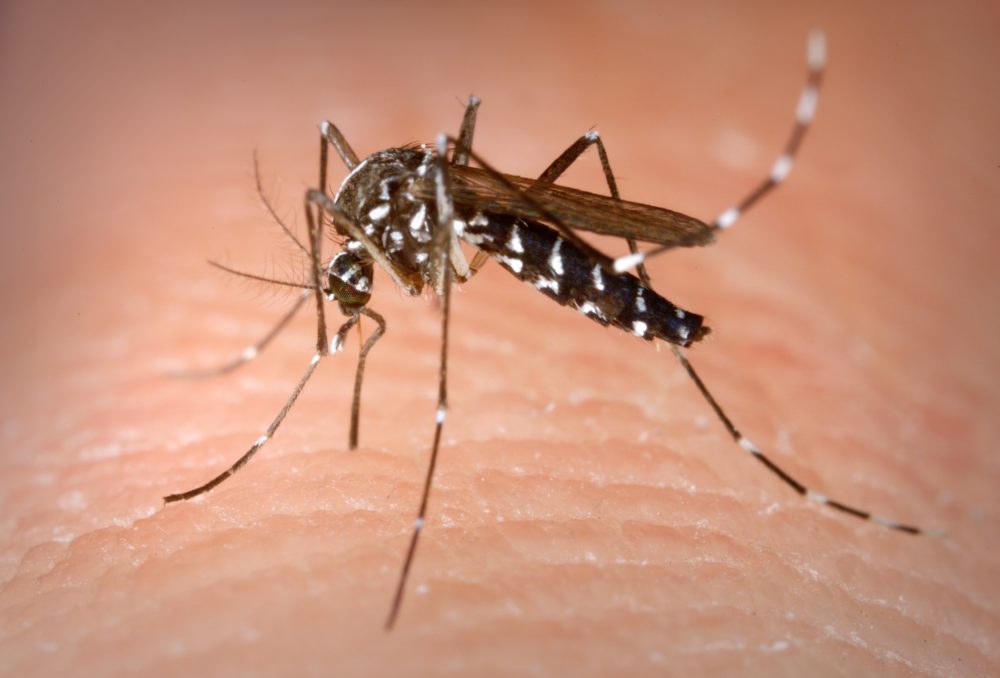
The Montgomery County Public Health Department reported Wednesday the first death related to the West Nile virus in 2018.
The woman who died was in her 60s and resided in the east side of the county. The resident had other medical conditions, but the death was classified as West Nile-related.
In 2018, there have been 11 cases of West Nile virus in Montgomery County. In 2017, there were two confirmed cases.
West Nile virus can cause serious disease and is most commonly spread by infected mosquitoes. People typically develop symptoms between three and 14 days after they are bitten.
According to the CDC, approximately 80 percent of people who are infected will not show any symptoms at all, but there is no way to know in advance if you will develop the illness.
Milder symptoms include fever, headache, body aches, nausea, vomiting and, sometimes, swollen lymph glands or a skin rash on the chest, stomach and back. These symptoms can last up to several weeks.
Serious symptoms that account for less than 1 percent of those infected can include high fever, headache, neck stiffness, disorientation, coma, tremors, seizures or paralysis. These symptoms can last for several weeks and neurological effects may be permanent.
If you develop symptoms of severe West Nile virus illness, such as unusually severe headaches or confusion, seek medical attention immediately. The majority of milder West Nile virus illnesses improve on their own.
According to the CDC, the most effective way to avoid West Nile virus is to prevent mosquito bites. People can avoid bites by using insect repellents, wearing protective clothing when outdoors and emptying standing water outside of your home.
The CDC has additional information at http://www.cdc.gov/westnile/index.html

 73 °F
73 °F